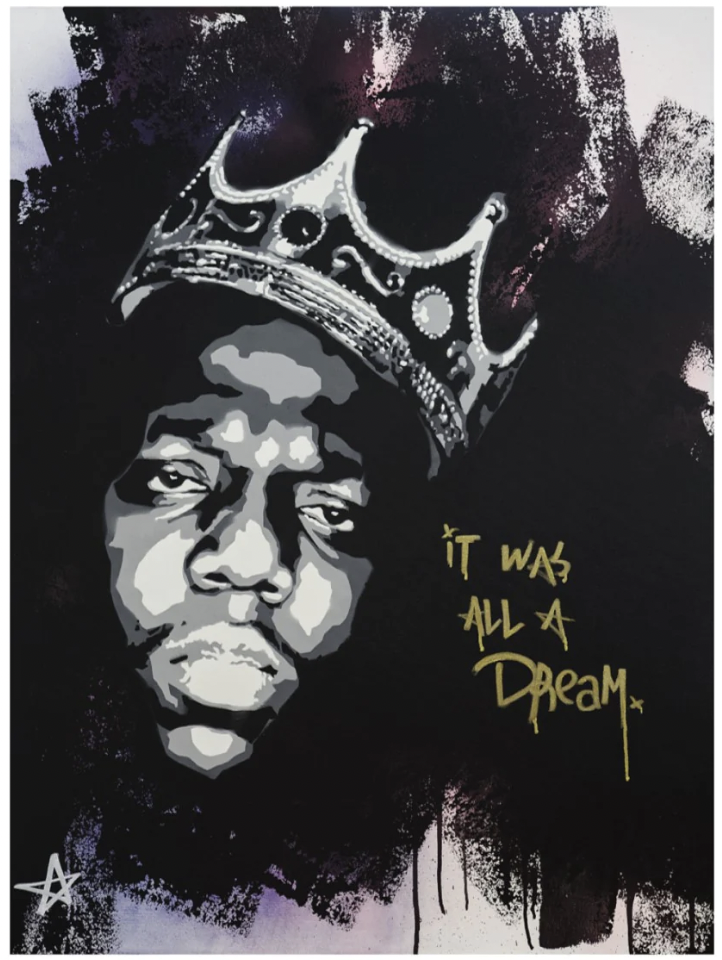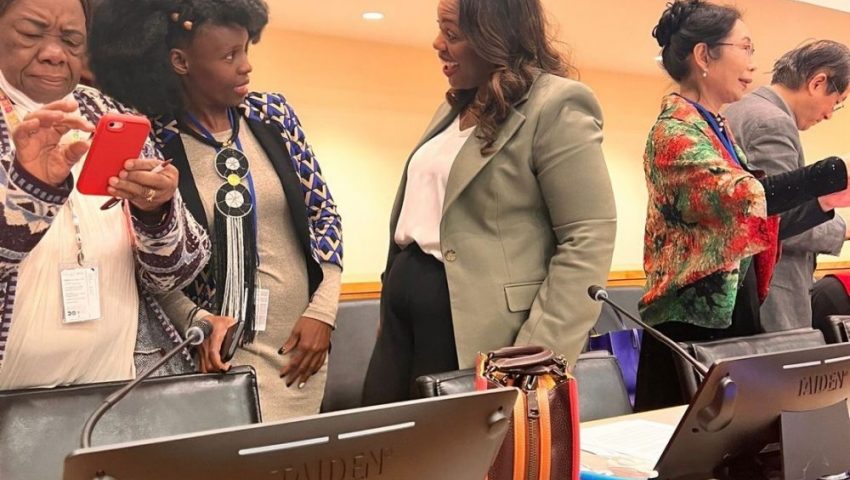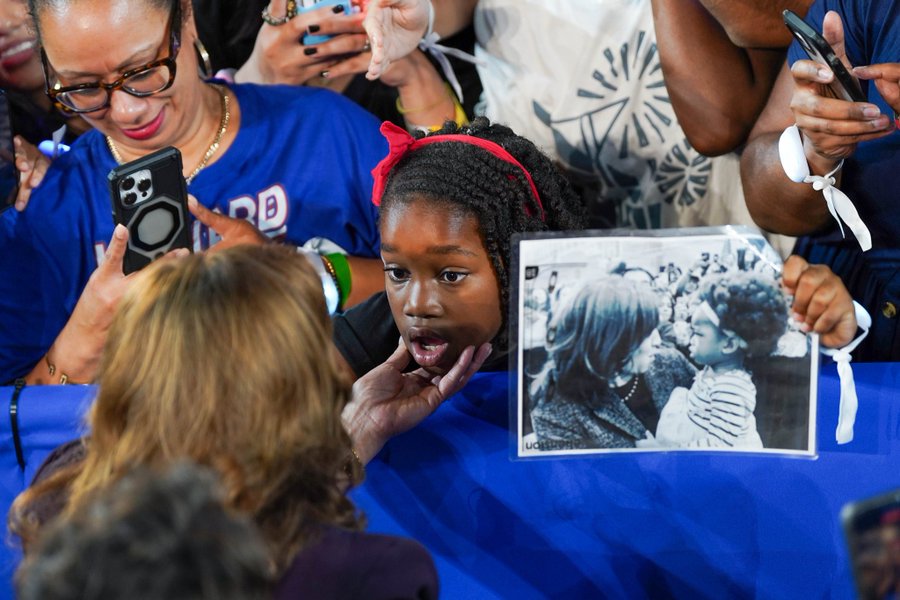
It Was All a Dream: A Message to President Joe Biden on Education
January 10, 2021Hope and Justice: A Critical Race Theory Perspective on Michigan Schools Debt Elimination
November 4, 2023The Women in the Room: Reflections from the United Nations CSW67

Vibrant. Like the sun peeking through purple and yellow God-painted skies on a Sunday morning. The women in the room embodied a traditionally male space and changed its colors. The room I speak of was at the United Nations Headquarters in New York City. I had the pleasure of speaking at the 67th Commission on the Status of Women and Girls, and what an experience it was. I visit New York at least once a month and consider it a second home. Yet, on this trip, I was utterly a tourist. The United Nations has a certain regalia that fills you with childlike thoughts; it reminded me of my little girl’s dreams. For this reason, I showed up early, like Christmas morning, and changed my heels for the sneakers I tucked in my book bag because I couldn’t be bothered with a sassy walk.
Although my eyes were bright-eyed, I did have business to attend to. I was speaking on How to Make Innovative Technology Work for Women and Girls, a side event of the Commission, and had no idea what to expect. With me, were five girls from the program I lent my brain power to – I’d rather say with me was my inspiration for the day. I needed to convince this global community that technology needed Black girls and that Black girls needed technology. The students who joined me were proof of a growing pipeline of leaders ready to make tech an equitable solution. With a hush over the room, I shared that technology is simply the creative avenue for social justice.
I was a part of the colorful dialogue in this space. There were women from Cameroon that majestically towered over me in beautiful yellow dresses sprinkled with red and the sassy walk I was trying to obtain with the heels I tucked away earlier. A bold woman from Beirut was discussing her e-library, and the elegant lady in the far back side of the room was adamant about technology access in South Africa. One might think the space was overwhelming, but to me, it was energetic, with a distinct air of passion from voices with various tones and accents you don’t hear often. Like, a rare sound that was yet still familiar. This room is what I would hope for our world.
I learned from the women in the room that they were all on a mission, speaking into microphones elegantly placed in our faces that took a minute to figure out how to use; they hailed from various places like London, East Asia, Ghana, and Thailand. The atmosphere was much different than your everyday networking, connecting space. These women were holding up warfare banners not for themselves but for the communities they came to New York City to represent. Taking up space for the basic needs that even technology could lend a hand to. After the talk, there was this push and pull to amplify resources and be clear about solutions while owning responsibility to ensure that things just got done. That energy was different. It was an elegant fire, serious, direct, and yet reflective of humanity across all experiences.
It represented a connection between bell hooks’ thoughts in Ain’t I A Woman and the modern bold take of Mikki Kendall in Hood Feminism.
hooks notes that most liberation efforts don’t consider the intersections of oppression. In particular for Black women, the natural design of race and sexism cannot be separated. Might I also add, classism. To deny either of these elements is to deny the basic human identity of oneself. Struggling to fight toward racial justice absent of gender equity is to not fully show up, whole, as one’s full self. Sprinkling in class is my way of inviting Kendalls’ Hood Feminism to which she argues that basic access to the right to life, housing, education, clean water, and technological advancement should be without question.
The women who joined our conversation at CSW67 and the reflections they displayed make me curious about what today’s leaders should look like. Throwing away theories of old, but upholding a human-centered space with a fiery indignation. This banner of leadership contends that people in every corner of the earth should be able to stand in who they are and be given access to resources that enable them to live boundlessly.
I wanted to emulate that reality but recognized that I could only do little, even with my knowledge and the resources I was prepared to share. Because outside that room, we step back into spaces that undermine our reproductive rights, pay us less than our male counterparts, reprimand our bold leadership, and tell our girls they can compete for men but not for jobs.
Here’s my ask, are we cultivating spaces for these women to show up, their voices to be heard, disbursing resources to honor their community’s needs, and executing policies that lead to the next generation of women not having to fight the exact same battles?
What I need and hope for is that the world will see the women in the room.
*This article is also posted with the Michigan Chronicle.



